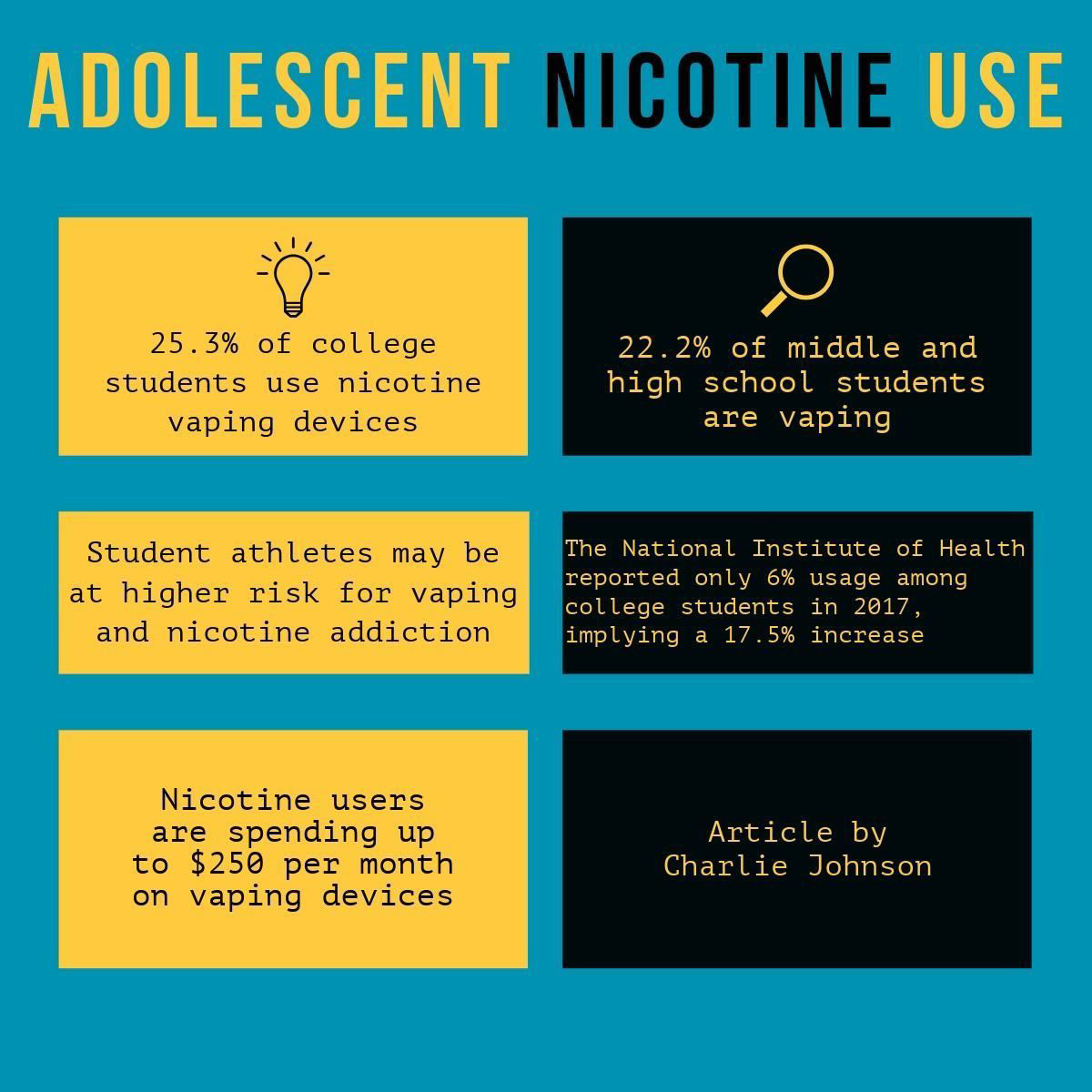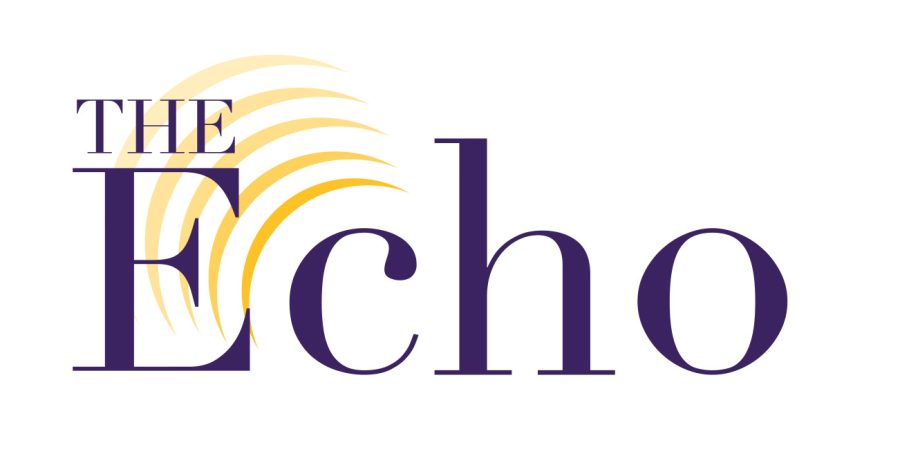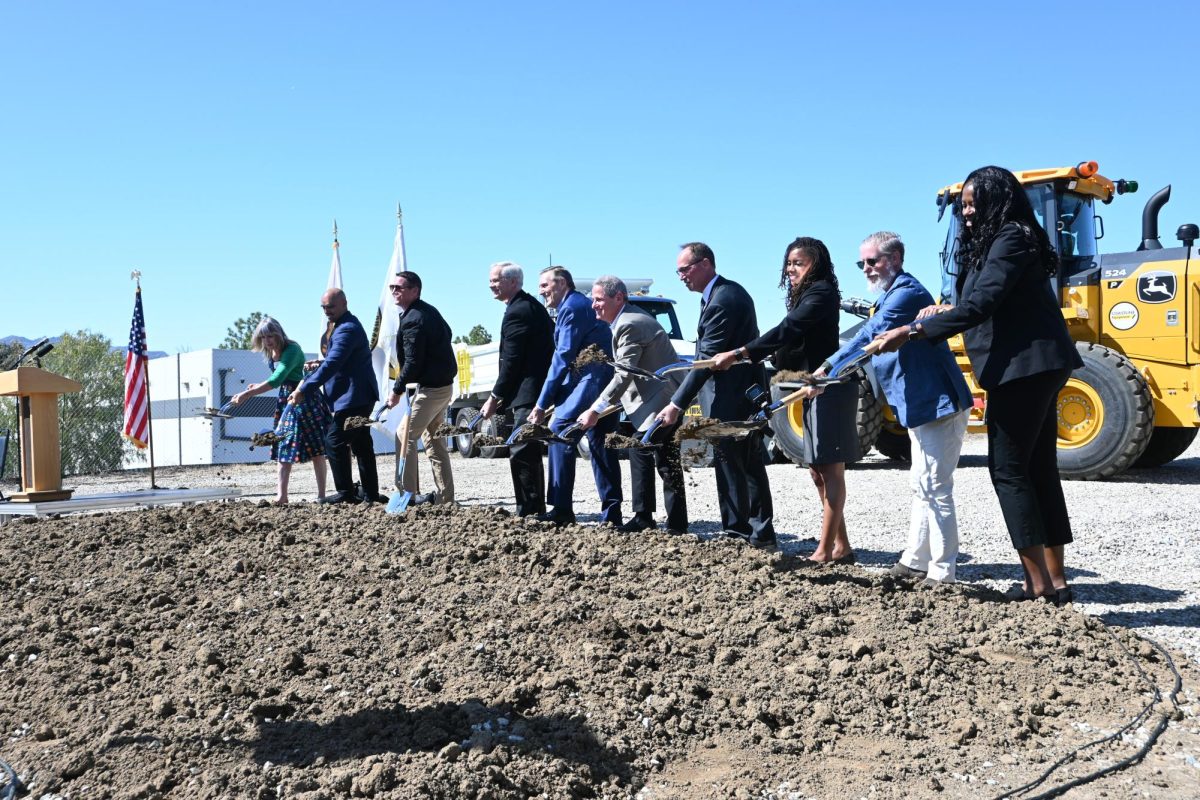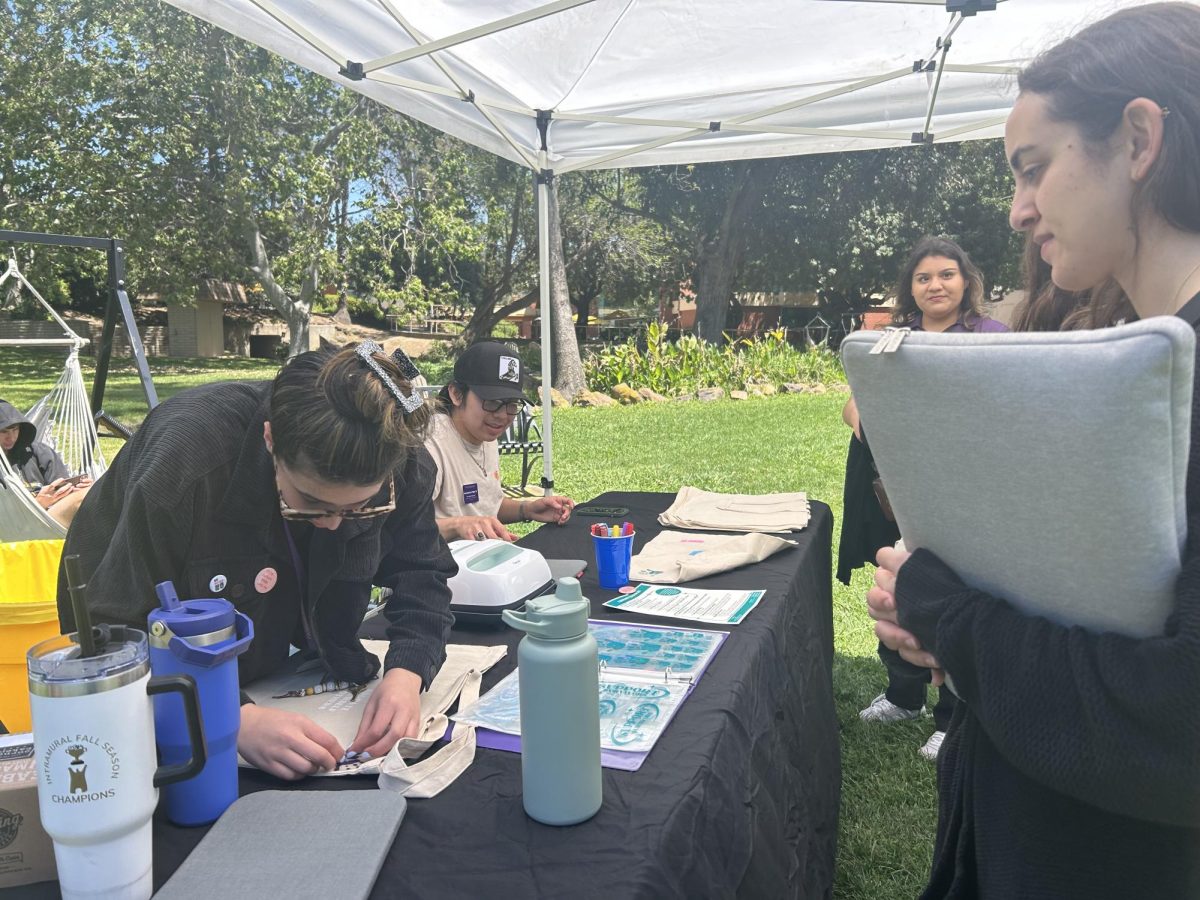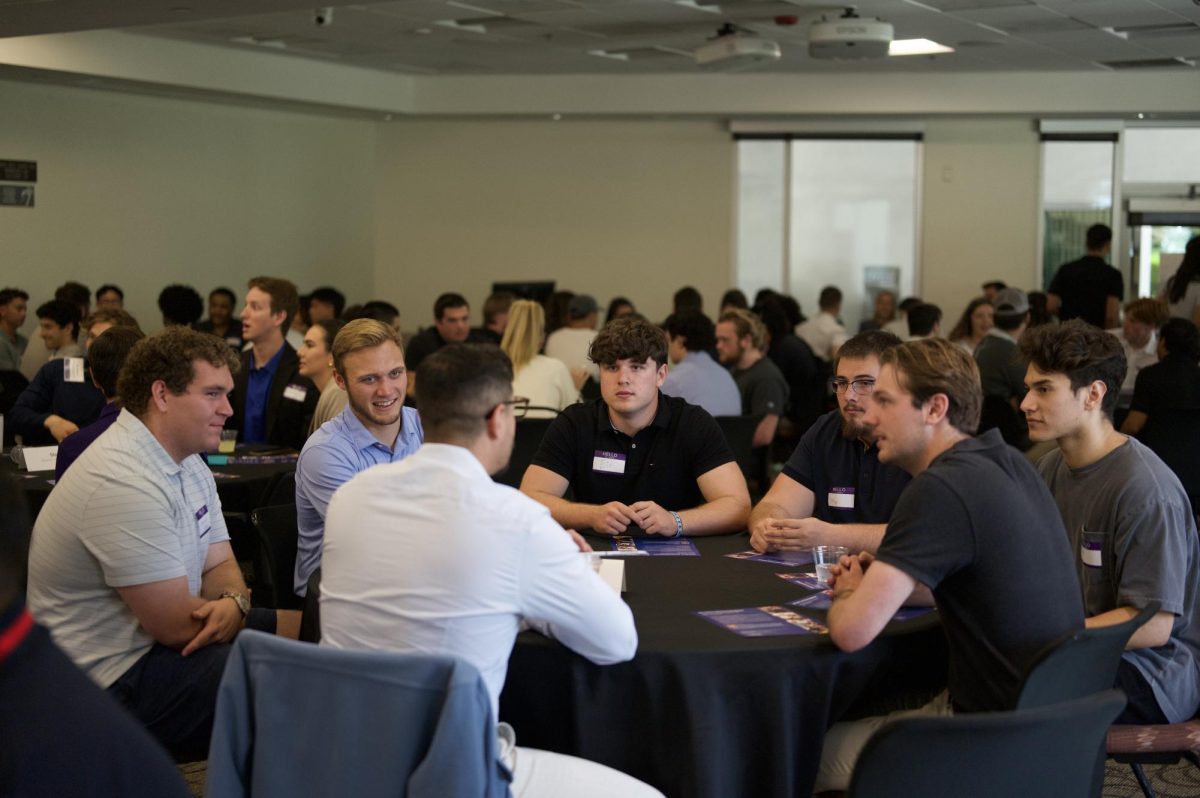Science and religion are in the midst of a battle, according to Philip Clayton, a veteran theologian who lectured at CLU on Tuesday, Feb. 19.
“How do we integrate this world of science with what humans have traditionally believed?” asked Clayton.
This question has given rise to a debate between the New Atheists with scientific facts and proponents of intelligent design with religious beliefs.
“His argument is that the conflict is grounded, on the one hand, by forms of religious belief, which have failed to adapt to advancing scientific knowledge, most famously the theory of evolution,” said Nathan Tierney, professor of philosophy at California Lutheran University and director of the Harold Stoner Clark Lecture Series, of which Clayton’s talk was a part. “On the other hand, however, it is caused by a mistaken view of science that is held by many atheists.”
Clayton is provost of Claremont Lincoln University and dean of the Claremont School of Theology. He has spent his professional life teaching and researching philosophy and constructive theology and is a well-known part of the science-religion debate.
In his two-part lecture series, “Between ‘Intelligent Design’ and the New Atheism: Science and Religion at the Crossroads,” Clayton critiqued the closed-mindedness of radicals at each end of the debate who have drowned out what he calls the beautiful period of open dialogue between science and religion, which occurred prior to the terrorist attacks on Sept. 11, 2001.
That was when the New Atheists began to see religion as dangerous, said Tierney.
“The irony of this battle-to-the-death is that while the extremist science has changed in really important ways, science is now a tool to explore emergent realities in the natural world,” said Clayton.
This was the 26th annual lecture in the Harold Stoner Clark Lecture Series, which is sponsored by the department of philosophy.
“The series encourages philosophical debate and discussion on campus and is true to the donor’s intention,” said Eloise Cohen, assistant director of the lecture series.
Harold Stoner Clark endowed the lecture series after a lifetime search for truth and meaning.
He wanted the lectures to focus on the relationship between philosophy and science, specifically the limitations of science.
Junior Mike Frieda, a political science and philosophy major, is the president of the Secular Student Alliance, a club on campus that explores faith and reason through weekly discussion meetings as well as visits to different places of worship.
“The current status of atheism in America for a lot of people, not just atheists, is to see it as something that is very discontent and looking for sweeping social change rather than looking for pluralism of religious identity, which is what our group seeks out,” said Frieda.
The club’s exploration of faith and reason parallels the honors, religion and philosophy majors’ capstone course, Faith and Reason, as well as CLU’s mission, which is to encourage “critical inquiry into matters of both faith and reason.”
“Our club is very much going towards that mission of exploring what is truth, what is faith, what is reason, what do I believe and why,” said Frieda.
Clayton concluded his first lecture by encouraging those questions and challenging that things can be understood that were never understood before.
“There is something in our very nature that finds ourselves wondering,” said Clayton. “We ask the broader questions. It is our heritage, and I think it is that more than anything else we need to pursue.”
Ashley Adelman
Staff Writer
Published Feb. 27, 2013




